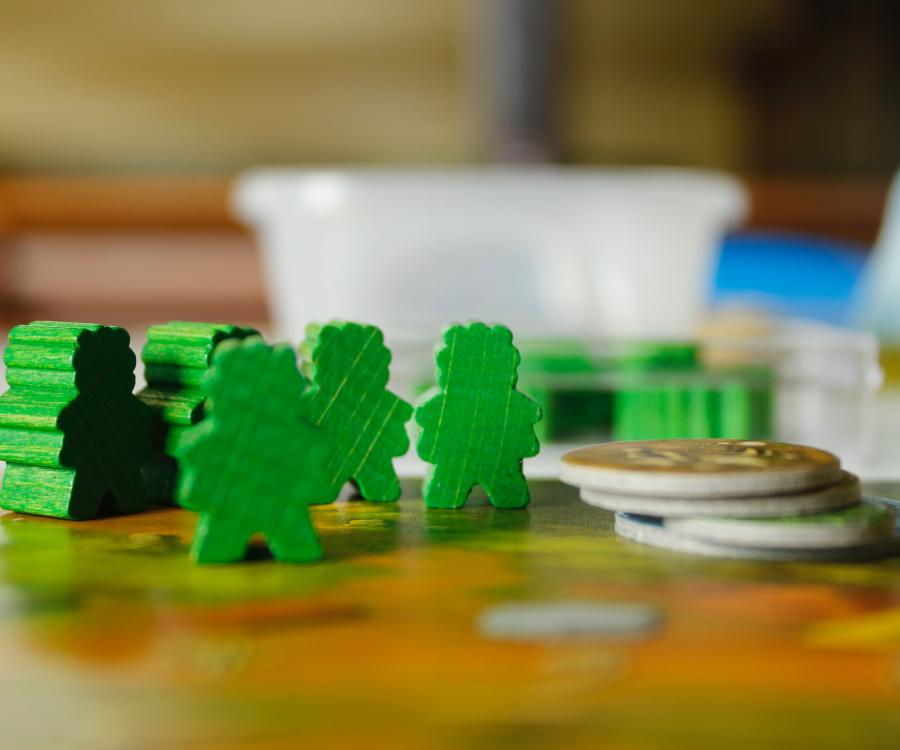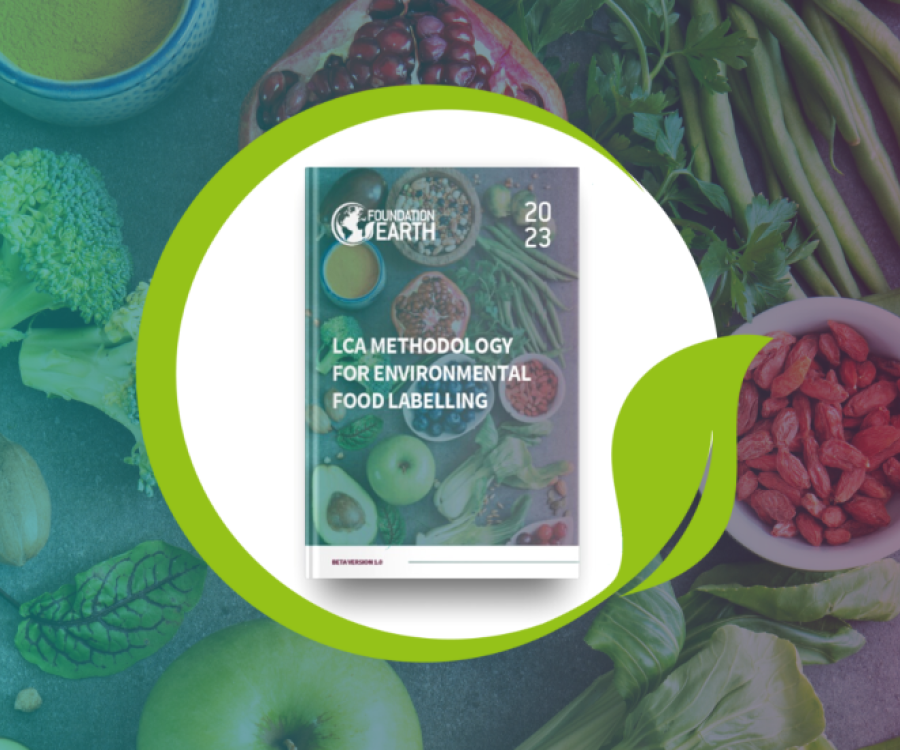Measuring more than 530 square meters, SirPlus stores are a force to be reckoned with.
At this point, the food saviors from Berlin have become widely known thanks to radio, television and their strong online presence of course. Their mission? Reduce food waste, find solutions and raise awareness of food waste. Recently, they have opened their third store in Berlin, which is located in Kreuzberg. We talked to Raphael Fellmer, one of the store’s founders.

Raphael, vast quantities of product foods are being discarded, not just by supermarkets, but also by farmers and households.
Yes, it’s appalling. But we are not here to lecture. We want to increase awareness and –most importantly- offer retailers and producers a real solution to lower waste-management costs and reduce food waste. As is the case with plastic waste – which is fortunately now garnering more attention -, not everyone is aware of this problem. The education sector, retail industry and politics must use this as a jumping-off point to make people realize that too much food is thrown away and wasted. After all, private households are the worst culprits for food waste in Germany and we want to change that.
A common misconception many Germans have is that once the best-before date has passed, they risk food poisoning. How do you guarantee that the products are still edible and safe past their best-before date (BBD)?
Our food safety experts check the food with sensors in the laboratory. Once the products have been deemed edible, they are posted on the online store website or brought to the stores. To date, we were able to save more than a million products. That being said, we are only allowed to sell products with an expired BBD, not an expired expiration date. That is illegal. However, most consumers are not aware of the differences between the two dates.

How do you deal with skeptical customers?
We educate them. We assure them that we test our products beforehand and make sure that every item is very much still edible. That being said, our goal is for consumers to use their own senses and not just look at the date but inspect the item, smell and taste it and decide whether a product is still safe and not simply throw it away unopened.
Who is willing to buy these products? Do you have a typical customer?
We cater to a wide range of customers. We believe it’s important to give all people the chance to rescue food and thus be part of the solution. No matter who visits our stores, everyone is welcome and should feel comfortable being here. Our customers include saveaholics, as well as people who are simply fully committed to the cause. Some customers are initially just curious and want to check out what’s new, like senior citizens, students, and hipsters.
Products whose best-before date is about to expire are already available at reduced prices in some grocery markets.
Yes, and that’s obviously an encouraging trend. In most cases, goods are no longer sold after the best-before date has expired, even though it is something that’s legal and permissible for distributors to do. Yet it is simply too complicated for retailers to make it common practice. Needless to say, retailers are also concerned that they might be considered sloppy when they sell “old" products. Or they worry they might seem unorganized for not having properly reviewed their product selection. We want to inspire both customers and retailers and show them that there is another way.

You also sell convenience goods, cosmetics and snacks in your online store but no fresh items like dairy products, meats or vegetables, which are abundantly available at your brick-and-mortar stores. Why don’t you offer the latter online?
That’s due to organizational and financial concerns because we must not break the cold chain. Once it has been broken, we are unable to sell the products. We try to conserve resources wherever and whenever possible. Meanwhile, packaging materials etc. make it very resource-intensive to ship fresh produce. Since we ship items throughout Germany, we still haven’t found a good way to deliver our goods to households without breaking the cold chain. That being said, this is not an issue when it comes to our warehouses and stores.

What works better? Online or offline?
Our brick-and-mortar stores, hands down. We currently have three stores in Berlin and plan expansions across Germany. Germans typically prefer to buy groceries offline (at a brick-and-mortar store). Since we sell many items that are unfamiliar to some, it is better if our customers can try things out and talk to us directly as needed. This wins many customers over.
Where do you obtain your products?
We team up with farmers, wholesalers, and online shops. We handle the logistics and either personally pick up the items or have larger quantities delivered by trucking companies.

You are probably unable to sell the items at retail price. What does that mean for you at the operational level?
We generally sell our products at 50 percent off the list price. Needless to say, this also largely depends on our partners. We pay farmers a lot of money, while wholesalers and producers only receive a token amount from us since we pay the transportation costs. It takes us longer than a normal supermarket to be profitable and be in the black. However, thanks to our lenders, the EU support program for startups, crowdfunding and great consumer acceptance, things are also working well in this area. Additional stores are already in the planning stages and also include stores outside of Berlin. Due to our large expenditures, we have not started to turn a profit yet, but if things continue like this, it will hopefully happen in the near future.






